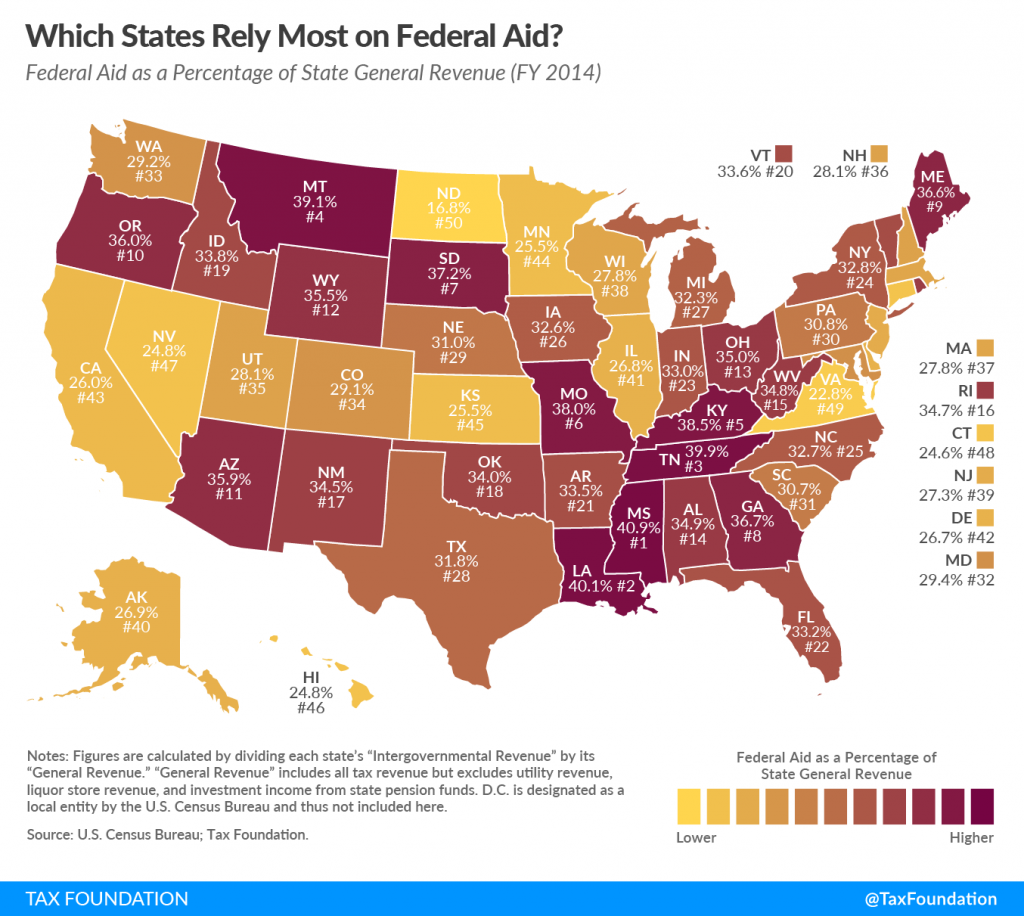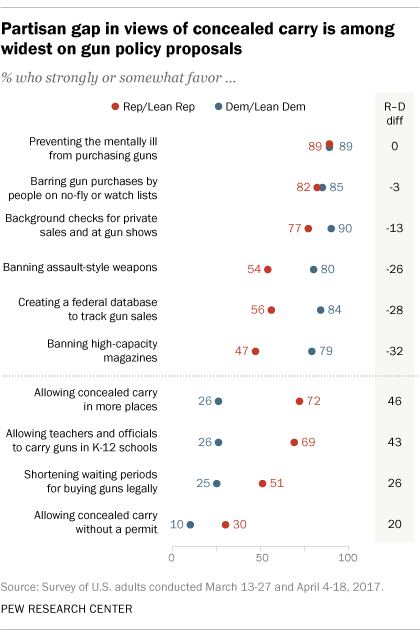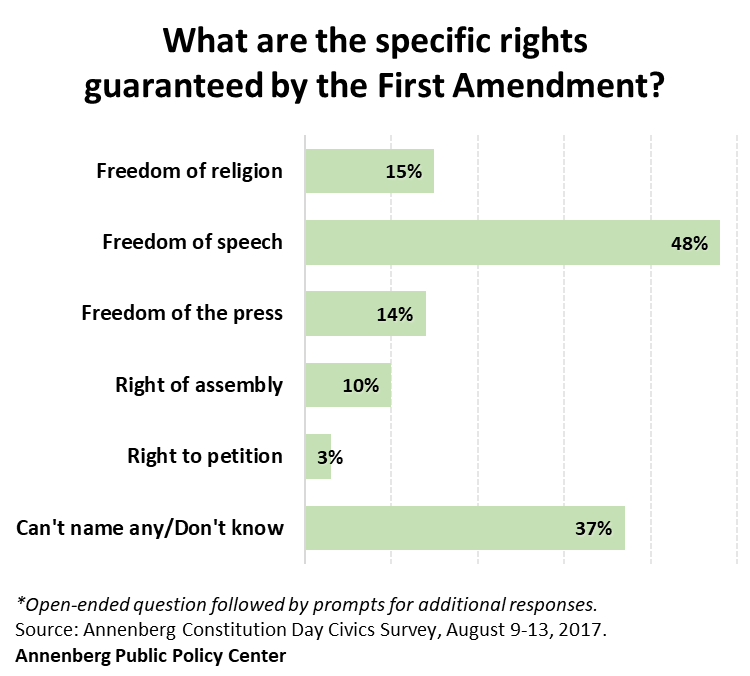Both from 538
-
The Five Wings Of The Republican Party.
The TrumpistsOften join Trump on immigration policy and in attacking institutions; largely avoid criticizing him publicly on foreign policy and trade even if they don’t fully embrace his views on those issues; strongly defend him in almost every instance. Prominent examples:
Kentucky Gov. Matt Bevin,
Rep. Matt Gaetz of Florida, Fox News, Rep. Jim Jordan of Ohio, Rep. Mark Meadows of North Carolina, Rep. Devin Nunes of California, Sen. David Perdue of Georgia.
The Pro-TrumpersSupport the president as a default, but hold views similar to George W. Bush or Paul Ryan on policy issues and not truly aligned with most of the four aspects of Trumpism; occasionally disagree with Trump publicly, particularly on foreign policy, but usually with careful language. Prominent examples:
Texas Gov. Greg Abbott,
Charles and David Koch,
Florida Sen. Marco Rubio,
Senate Majority Leader Mitch McConnell.
Trump-Skeptical ConservativesGenerally aligned with Trump, but tend to break with him in somewhat noisy ways and generally by casting the president as insufficiently conservative. Prominent examples:
Rep. Justin Amash of Michigan, Sen. Mike Lee of Utah, Sen. Rand Paul of Kentucky.
Trump-Skeptical ModeratesGenerally aligned with Trump on policy, but wary of Trumpism; often criticize the president sharply and publicly, particularly his anti-institutionalism and his policies and remarks on racial issues. Prominent examples:
Sen. Susan Collins of Maine,
Rep. Will Hurd of Texas,
Rep. Adam Kinzinger of Illinois,
Sen. Lisa Murkowski of Alaska,
Sen. Mitt Romney of UtahAnti-TrumpersNever really embraced Trump as the leader of the GOP and seem open to supporting a primary challenger to him. Prominent examples:
Gov. Charlie Baker of Massachusetts,
conservative activist Bill Kristol,
former Gov. John Kasich of Ohio.
-
The Six Wings Of The Democratic Party.
The Super ProgressivesVery liberal on economic and identity/cultural issues, anti-establishment. (Anti-establishment is a very fuzzy term, but in this piece, what I’m referring to is people who see part of their role as not just attacking Republicans, but also highlighting what they see as shortcomings of the Democratic Party itself.) Prominent examples:
Ocasio-Cortez ,
Rep. Ilhan Omar of Minnesota,
Rep. Mark Pocan of Wisconsin,
Rep. Ayanna Pressley of Massachusetts,
Rep. Rashida Tlaib of Michigan
The Very ProgressivesVery liberal on economic issues, fairly liberal on identity issues, skeptical of the Democratic establishment. Prominent examples: Bill de Blasio, Sen. Jeff Merkley of Oregon, Bernie Sanders, Elizabeth Warren.
The Progressive New GuardLiberal on both economic and identity issues but also somewhat concerned about the “electability” of candidates and the appeal of ideas to the political center; generally rose to prominence after Barack Obama was elected president. Prominent examples: Stacey Abrams, Cory Booker, Pete Buttigieg, Julian Castro, Kamala Harris, Jay Inslee, Beto O’Rourke.
The Progressive Old GuardSolidly center-left on both economic and identity issues, but very concerned about the “electability” of candidates and the appeal of ideas to the political center; generally rose to prominence before Obama was elected president. Prominent examples: Joe Biden, Cuomo, Dianne Feinstein, Nancy Pelosi, Chuck Schumer.
The ModeratesMore conservative and business-friendly than other Democrats on economic policies;
somewhat liberal on cultural issues; anti-establishment. Prominent examples: Rep. Josh Gottheimer of New Jersey, Rep. Conor Lamb of Pennsylvania, Rep. Abigail Spanberger of Virginia.
Conservative Democrats
Skeptical of liberal views on both economic and cultural issues, often supportive of abortion limits, generally from conservative-leaning areas. Prominent examples:
Louisiana Gov. John Bel Edwards,
West Virginia Sen. Joe Manchin.







